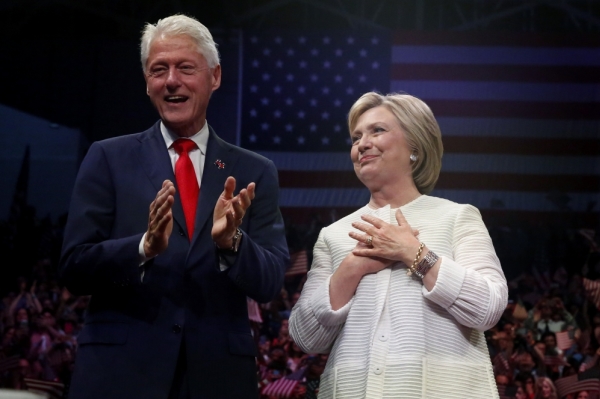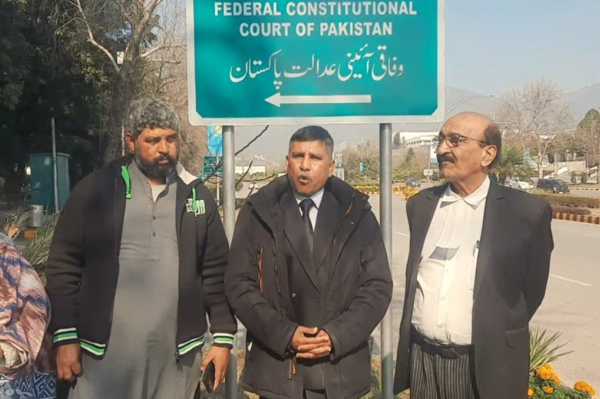Montana Supreme Court: No state tax credit program scholarships for religious schools

The Montana Supreme Court has struck down a tax credit program that allowed for the funding of private religious schools.
In a decision released Wednesday, the high court ruled 5-2 in Espinoza v. Department of Revenue that the Tax Credit Program, originally approved by the state legislature in 2015, violated the Montana Constitution.
In 2015, the Montana Legislature passed Senate Bill 410, which allowed tax credits for donations of up to $150 to either private school scholarships or educational programs in public schools.
Montana’s Department of Revenue originally barred religious schools from the program, citing Article X, Section 6, which says the state government “shall not make any direct or indirect appropriation or payment from any public fund or monies, or any grant of lands or other property for any sectarian purpose or to aid any church, school, academy, seminary, college, university, or other literary or scientific institution, controlled in whole or in part by any church, sect, or denomination.”
Montana is one of 36 states to have adopted what is commonly called a "Blaine Amendment." Named after nineteenth century Republican Senator James Blaine of Maine, these amendments were originally enacted to prevent Catholic schools from getting government aid.
In 2016, a judge issued a preliminary injunction allowing students at religious schools to receive the scholarships, according to the Great Falls Tribune.
Justice Laurie McKinnon authored the majority opinion, reversing the lower court decision. Calling the Tax Credit Program "facially unconstitutional," the judge wrote that the state constitution “broadly prohibits any type of direct or indirect aid” to sectarian religious entities.
“We conclude that Montana’s Constitution more broadly prohibits ‘any’ state aid to sectarian schools and draws a ‘more stringent line than that drawn’ by its federal counterpart,” wrote McKinnon.
“The Legislature, by enacting the Tax Credit Program, involved itself in donations to religiously-affiliated private schools … The Legislature, by enacting a statute that provides a dollar-for-dollar credit against taxes owed to the state, is the entity providing aid to sectarian schools via tax credits in violation of Article X, Section 6.”
Justices Beth Baker and Jim Rice dissented from the opinion, with Baker writing that the majority erred by claiming that the state constitution allowed for a broad ban on aid to sectarian schools.
“There is little dispute that the Tax Credit Program’s tax credit does not constitute a direct appropriation or payment. The Department argues instead that the District Court erred by failing to consider the indirect impact,” wrote Baker.
“… a theory based upon ‘indirect impacts’ or ‘indirect effects’ of the Tax Credit Program diverges from the constitutional text. Unambiguous constitutional language must be given its plain, natural, and ordinary meaning.”
Americans United for Separation of Church and State, which filed an amicus brief in the case with other progressive groups, celebrated the decision.
“Montana taxpayers should never be forced to fund religious education – that’s a fundamental violation of religious freedom,” said Rachel Laser, CEO and president of Americans United, in a statement released Wednesday. “The Montana Supreme Court’s decision protects both church-state separation and public education. It’s a double win.”
Kendra Espinoza, one of the plaintiffs in the case, took issue with the Montana high court’s decision and has expressed intentions to appeal the ruling.
“The court’s ruling discriminates against religious families and every Montana child who is counting on these scholarships,” said Espinoza, as reported by the Great Falls Tribune. “For the benefit of families across the state, and the nation, we will appeal to the U.S. Supreme Court to right this wrong.”





















